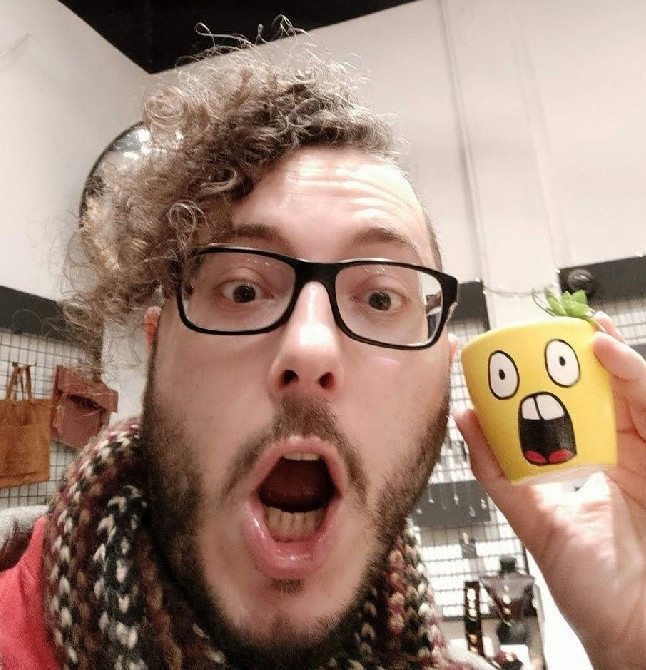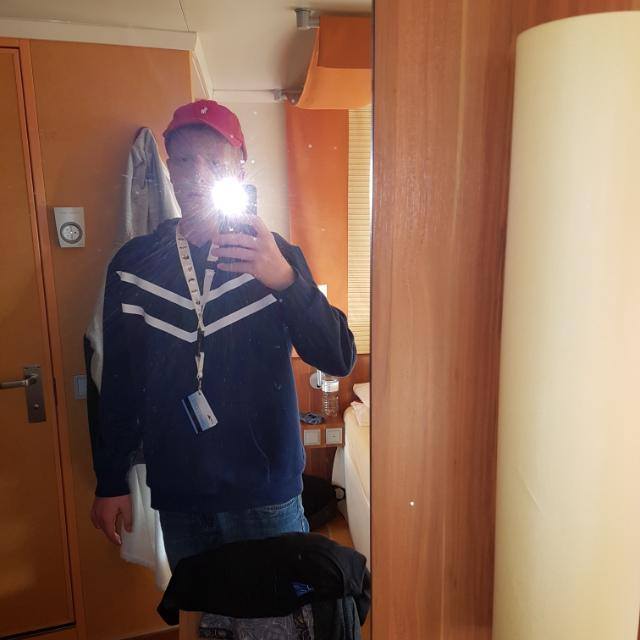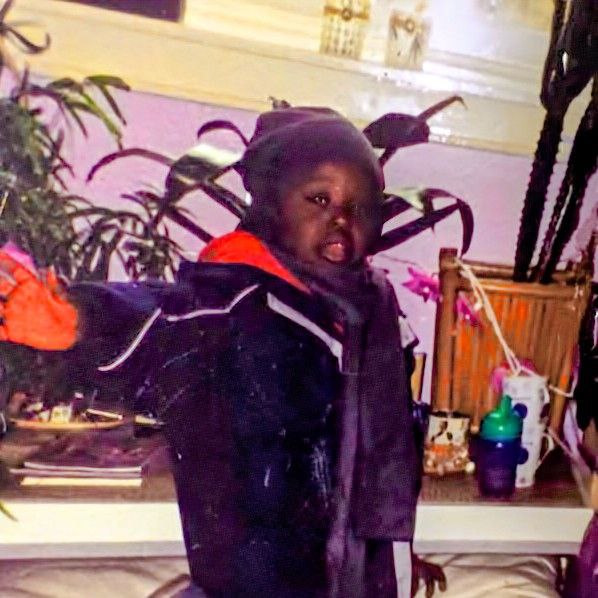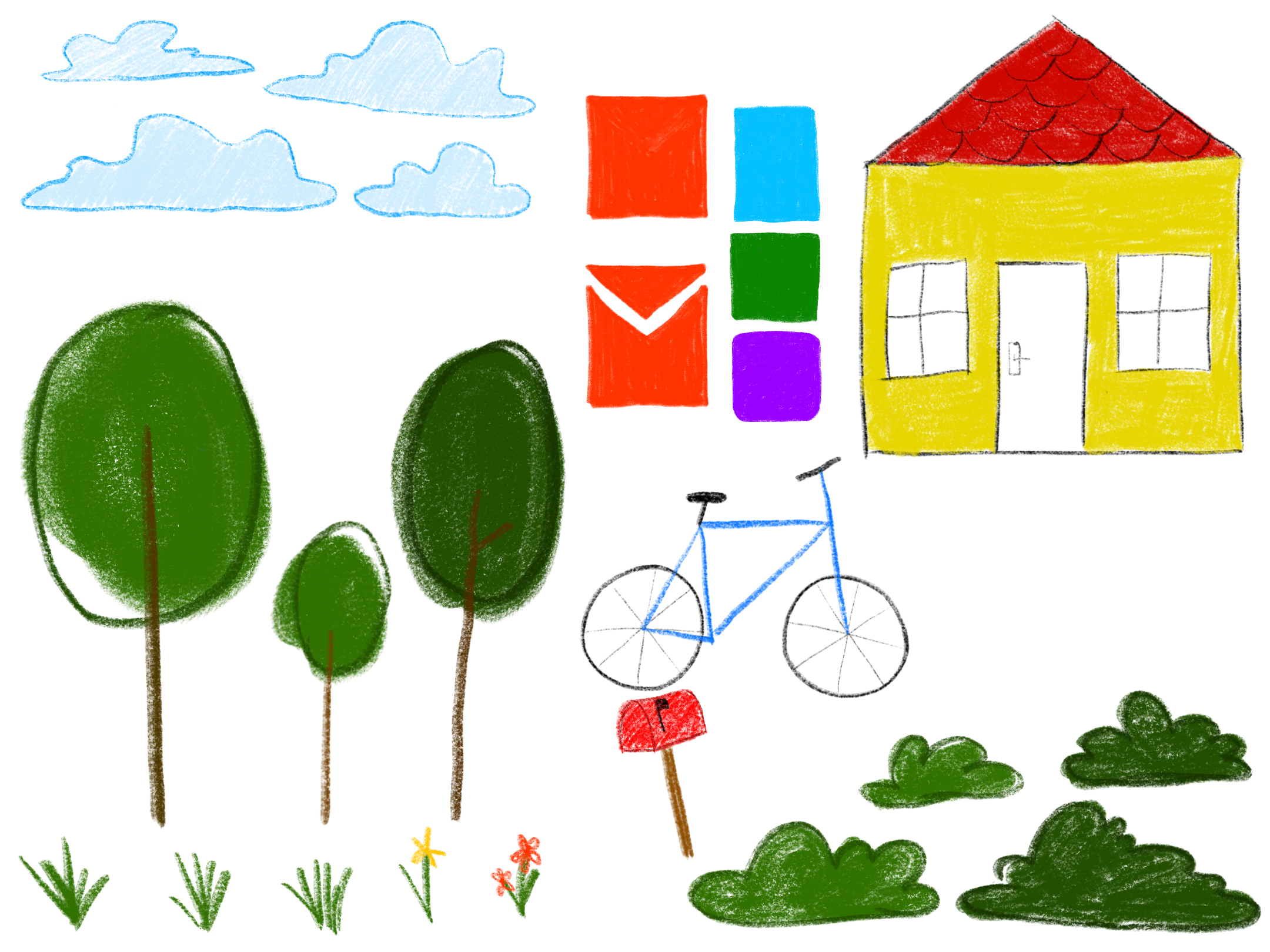¶ Dev Team
| Stage Persona | Inmate Number | Power | Flavour | Kink | |
|---|---|---|---|---|---|
 |
Alessandro Piroddi alessandro.piroddi@haw-hamburg.de @ UnPlayableGames |
🪷 2413895 |
🎲 Quantum Game Design |
☕ Coffee |
🍐 Pears |
 |
Lars Stiegmann Lars.stiegmann@haw-hamburg.de |
🪷 2618502 |
💾 Coder Extraordinaire |
Rhubarb |
🪮 Hair |
 |
Julie Vohnsen wgt684@haw-hamburg.de |
🪷 2827267 |
🎨 Multiversal Visual Design |
🔆 Sunshine |
📽️ Film |
 |
Afolabi Osibanjo wse622@haw-hamburg.de |
🪷 2827212 |
🎵 Hyper-Spectral Sound Design |
😶🌫️ Mystery |
🔊 Beats |
¶ Project
True Shapes is meant to be a minimalist playable experience about the challenges of wearing a mask in order to fit within society's expectations.
Will you endure?
For how long?
At what cost?
And what if you didn't have to?
| True Shapes | |
|---|---|
| When | Games Master/Bachelor SoSe 25 |
| Why | Media Design 1 |
| Platform | PC |
| Game-Engine | Unity |
| Genre | 2D side-scroller narrative |
| Controls | keyboard |
| Language | English |
| Current Version | 0.1 |
| LINK | itch.io |
¶ Inspiration
| Thomas was alone | Parable of the Polygons | Passage |
|---|---|---|
| 2012 Mike Bithell |
2014 Vi Hart & Nicky Case |
2007 Jason Rohrer |
 |
 |
 |
| A minimalist 2D platformer with expressive character design and emotional storytelling. | A minimalist 2D educational game about inclusivity and social bias. | An powerfully emotional pixel-art "experience" about the life of a digital character. |
¶ Project Development
¶ MSCW
| Must | Should | Could | Won't | |||
|---|---|---|---|---|---|---|
| Linear Narrative - Home day 1 - Walk encounters A - Mask drop - Home day 2 - Walk encounters B - Mask choice - Walk encounters C - Wall even - Endings - - Community - - Sadness Emoji-based dialogues Expressive Choices (small immediate consequences) Minimalist Art Style Expressive Characterization |
Sounds - characters - environment |
More complex dialogues | Action gameplay Platforming Text-based narrative |
¶ Core Gameplay
The game is meant to look very abstract and minimalist: people are represented by simple squares, conversation happen as a string of emojis, the environment is drawn in a childlike contours-only style.
The player will control a protagonist character (PC) going about their daily life. Wake up, dress, get out and explore the world. All of this happens as a unidirectional side-scrolling experience, where movement is only allowed "forward" (until it isn't).
¶ Iconography
The game environments are meant to be minimalist, but vibrantly colored. A child-like drawing style is the obvious option to achieve these goals.

In this context "normal" people are represented by squares of various sizes, colors, and more or less regular shape. The main exception being our PC, which is not a square and for this reason has to wear a disguise.


¶ Movement
The PC is only allowed horizontal movement, and then only "forward", with the screen progressively blocking the way "back".
In this context, to convey how the PC is different from the other people and has to move against the grain of society, we decided to subvert the expected game-control behaviour by making the forward direction be LEFT rather than the universally conventional RIGHT.
¶ Color
The game initially presents vibrant colors. This will dynamically change with game progression: the more the PC goes through their day hiding their identity, the less vibrant and more desaturated the colors will become. This effect is used to communicate the emotional state of the PC, up to two different extremes depending on which ending the player achieves.
¶ Conversations & Events
Meeting non-protagonist people (NPCs) presents the PC with a variety of situations, and automatically engages the "dialogue" system:
- PC gets close enough to trigger an event
- NPC communicates something through emojis
- PC is presented with a few possible emoji answers
- NPC reacts through emojis
While purely abstract in nature, the goal of these encounters is to use contextual details (colors, images, sounds, animations, etc) to convey an emotional and behavioural vibe that the player can recognize and emotionally respond to. The idea is that, while an isolated dialogue might very well feel too abstract and meaningless, playing through a sequence of dialogues should communicate a certain pattern. This pattern has meaning in the social context of the game, and can later be altered to make players notice a difference in the game's social dynamics.
The same structure will then be used for a couple of non-conversational events, where the player's choices will affect the game's state.
¶ Challenges & Learning
This project was a great learning experience for all the team members. Right from the start we had to make do with very limited access to technical skills, as none of us had much (if any) experience with coding, illustration, sound recording and overall project management within a game production pipeline. Still, we managed to lean on our strengths and plan around our shortcomings.
Julie brought to the table visual compisition notions and basic sketching skills – from her media and film making studies – that allowed her to devise a simple but captivating art-style forthe project, then producing the hand-drawn assets needed for all the visual parts of the game: characters, locations, scenery elements, buttons, menus, etc.
Lars had some limited experience with small UI-design projects in Unity. This solved for us the question of which game engine to adopt, and designated him as our official programmer. Throwing lots of time and effort at the project, and supported by AI-powered vibe-coding, he managed to build the game's structure and assemble all the parts needed to bring our project to life.
Afa, coming from a diverse and eclectic study background, volunteered to focus on sound design and recording. This was not in his skillset, but it felt like something achievable with his knowledge and abilities.
None of them had ever developed a game before, and that's were Alessandro's expertise came in. His previous work within game-dev pipelines helped with the project organisation and setup, keeping the scope achievable given the available resources, and keeping a clear vision of what the game was supposed to be in the end.
His game design expertise also helped in putting together everyone's ideas into a unified and coherent vision, and to tackle the difficult task of conveying complex social commentary through minimal and abstract pseudo-dialogues.
Obviously, as common in such small projects, everyone did their part whilst also contributing a bit to everything else.
¶ Project Managment & Logistics
It is worth mentioning how project management was a non-trivial challenge for this project. Small as the game is, its development cycle had to account for the very limited amount of time each team member had available for meetings and teamwork due to incompatible course schedules, long commutes and a host of other committments and deadlines.
This led us to a laissez-faire approach based on trust and results: only a few meetings (one every week) where the progress status would be assessed, problems would be discussed, decisions would be made, and clear tasks would be set for the next week. Plus, a channel for easy and immediate communication.
This allowed everyone to work in relative autonomy and within their available time-frame, while also keeping everything coordinated and flowing forward. For the most part...
Having a week in between "check ins" meant that on a couple of occasion a misunderstood minor detail ended up becoming a flaw affecting a whole batch of work, rather than being a small correction easily fixed at the conceptual/sketching level. But this too was formative, and we found creative ways to fix the ensuing issues.
Here is a breakdown of our work times: (Google Sheets Link)
¶ The Future
As it stands now, the game represents a satisfactory proof of concept.
It is playable, it looks and works as expected, and it mostly produces the intended effect on the audience (as far as our limited playtests were able to show).
Having more time and human resources, it would be nice to expand the current game in the following ways:
- more events, to better establish a baseline "normal life" and therefore outline a starker contrast betwen with/without mask gameplay
- more complex dialogues, to slightly increase the sense of player agency and to better communicate the range of NPC social attitudes, from friendly to hostile, from open-minded to bigoted, etc
- more polish and juice in the form of small but impactful details (better timing, small animations, more fitting sounds, etc)
- building up the True Shapes brand as the base for a galaxy of transmedial experiences and marketable products in the vein of the MCU Universe... but better